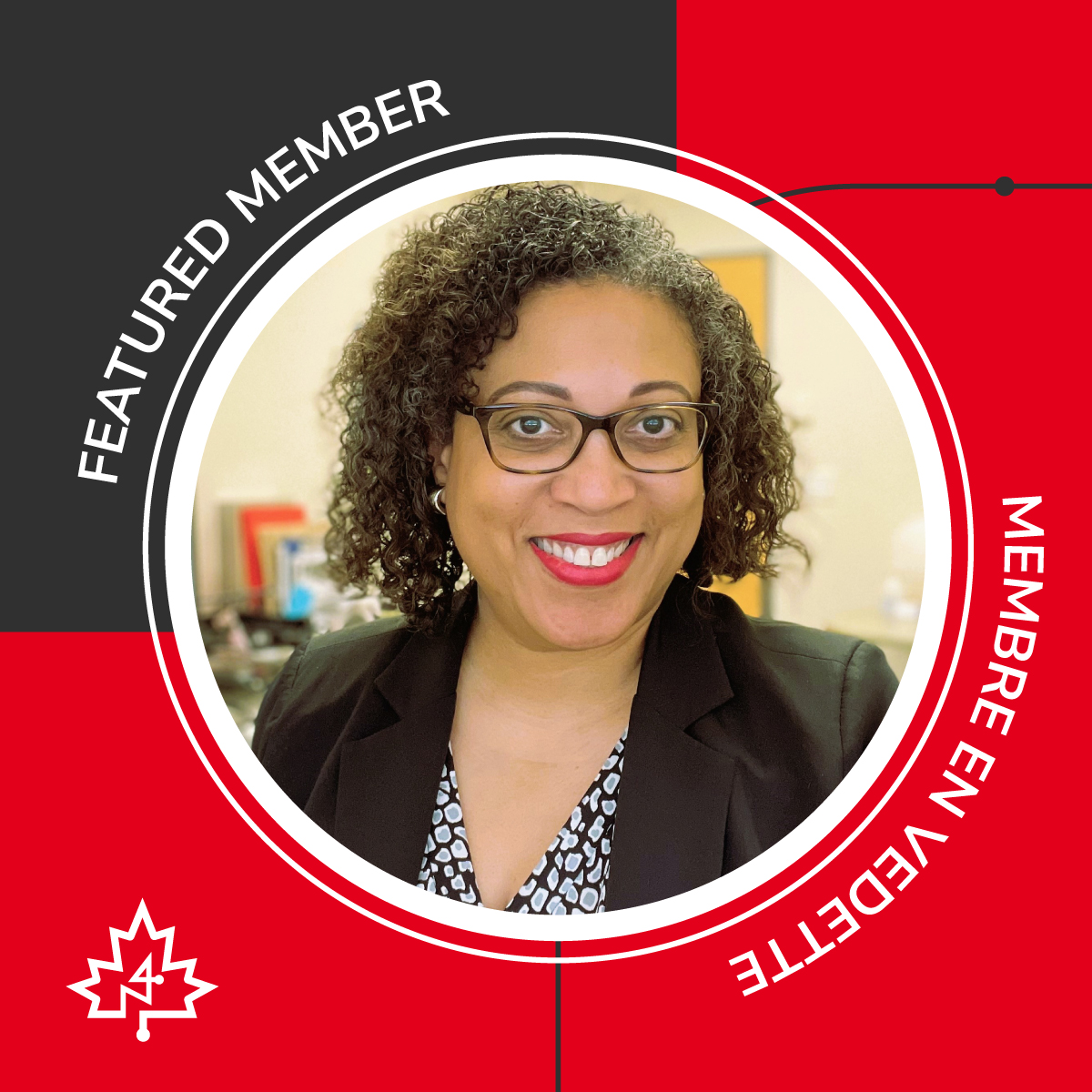
Lorraine Thomas’ journey is one defined by a steadfast commitment to fostering equity, diversity, and inclusion within healthcare. With over 24 years of experience in healthcare and the not-for-profit sector, she has worked tirelessly with marginalized and underserved communities to promote systemic change. Lorraine’s professional path has equipped her with the expertise to identify and address inequities while advancing health literacy, client and family programs, and inclusive practices. As Manager of Inclusion, Diversity, Equity, Accessibility, and Anti-Racism at Holland Bloorview Kids Rehabilitation Hospital, Lorraine leads transformative strategies that ensure a healthier and more equitable workplace for all. 
Lorraine was also part of the N4/SPU Newcomer Certificate Program, which she describes as instrumental in solidifying her understanding of the complexities involved in supporting newcomers. Reflecting on her experience, she shared, "The N4 course was helpful in solidifying this knowledge. It was my hope that the program would broaden my understanding of the underlying complexities in providing support to newcomers, namely around the fact that we need to consider not only language, but gender roles, the ability to create a safe space for discussion, and identifying a commonality to build bridges, regardless of cultural differences."
Passion for Transformative DEI Work
Lorraine’s role at Holland Bloorview is more than a job; it is the embodiment of her professional and personal passions. She finds joy in connecting with colleagues from diverse backgrounds, uncovering shared values that foster understanding and bridge cultural divides. This ability to identify commonalities fuels her mission to shape inclusive healthcare environments where all voices are respected.
Her mantra, “mind the gap,” encapsulates her approach to DEI work. Lorraine believes that sustainable change requires addressing the often-overlooked gaps in policies, practices, and implementation. Whether it’s improving staff representation or bridging cultural misunderstandings, she emphasizes the importance of actionable steps driven by leadership and grounded in equity.
Drawing from her own experience of navigating the duality of being both marginalized and privileged, Lorraine brings a nuanced lens to her leadership. She recognizes that organizations, like broader systems, are influenced by hierarchies and social dynamics, and her work seeks to dismantle these barriers to create inclusive spaces for everyone.
Championing Equity for Internationally Educated Health Professionals
Lorraine’s DEI work extends to supporting newcomers, including Internationally Educated Health Professionals (IEHPs), within the hospital setting. By consulting with leadership on policies and delivering targeted education, she helps bridge cultural and professional differences that IEHPs may encounter.
For example, Lorraine highlights how organizational expectations, such as hand hygiene practices, might conflict with the cultural or religious practices of IEHPs. By addressing such gaps—whether through policy adaptation, training, or cultural sensitivity—she ensures that new staff feel supported and valued. Additionally, her efforts focus on fostering communication and understanding to improve peer-to-peer interactions and integration within the healthcare culture.
Advice for Healthcare Organizations Pursuing DEI Excellence
Lorraine believes that equity work is inseparable from the broader societal context. Global events often shape workplace dynamics, making it crucial for healthcare organizations to remain engaged in social accountability. She advises organizations to view these challenges as opportunities to amplify DEI efforts with a focus on long-term, sustainable outcomes.
Her three pillars of advice include:
- Building Relationships: Effective engagement requires genuine dialogue, not transactional interactions. Organizations must prioritize meaningful connections with communities and staff to build trust and collaboration.
- Prioritizing Communication: Transparent, timely, and inclusive messaging is essential to address competing needs and prevent alienation among staff and stakeholders.
- Committing to Sustainability: DEI work should focus on creating lasting change that benefits both the workforce and the communities they serve.
Lorraine Thomas’ leadership exemplifies the power of intentional, equity-driven approaches in reshaping healthcare environments. Her work not only bridges gaps within her organization but also inspires others to envision a future where healthcare is inclusive and accessible to all.
